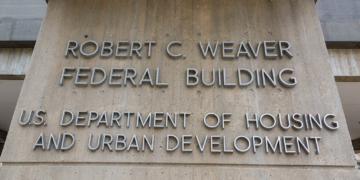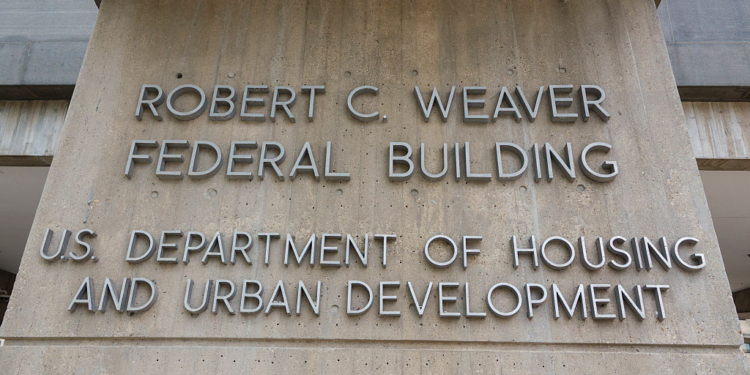A renewed legislative effort from Republican lawmakers is aiming to reshape how federal housing money is distributed — specifically cutting off sanctuary cities that decline to cooperate with immigration enforcement.
According to Fox News, Sen. Bill Hagerty (R-Tenn.), voiced firm support for the bill, and stated that “Cities that encourage illegal immigration shouldn’t be rewarded with federal housing subsidies.”
Hagerty emphasized alignment with former President Donald Trump’s immigration stance, saying, “The Trump administration has made it clear that illegal immigration will not be tolerated anywhere in the United States, and cities that defy American sovereignty will face the consequences.”
The proposal revisits legislation first introduced by Hagerty alongside then-Sen. JD Vance (R-Ohio), targeting the Community Development Block Grant (CDBG) program — a long-standing Housing and Urban Development (HUD) initiative that provides billions in funding for housing and infrastructure in urban areas.
At the center of the bill is the argument that municipalities shielding undocumented immigrants — often referred to as sanctuary cities — should not receive federal backing. Supporters of the measure highlight ongoing unrest in areas like Los Angeles, where protests against ICE operations have intensified.
In the House, Rep. Ralph Norman (R-S.C.) echoed this perspective.
“If you’re going to ignore federal immigration law, don’t expect to get a dime of federal tax dollars,” Norman said. “Sanctuary cities are putting politics over public safety, and that’s unacceptable.”
The legislation sets clear criteria — any localities enacting laws or policies that hinder the identification of immigration status or obstruct cooperation with the Department of Homeland Security would lose access to HUD grants.
These grants were already slated for elimination in Trump’s recent budget pitch to Congress, which proposed cutting over $5 billion from community development programs, arguing that local and state governments are better equipped to administer the funds.
Specifically, the administration called for a complete withdrawal from the CDBG initiative, stating the program “is better funded and administered at the state and local level.”


























 Continue with Google
Continue with Google